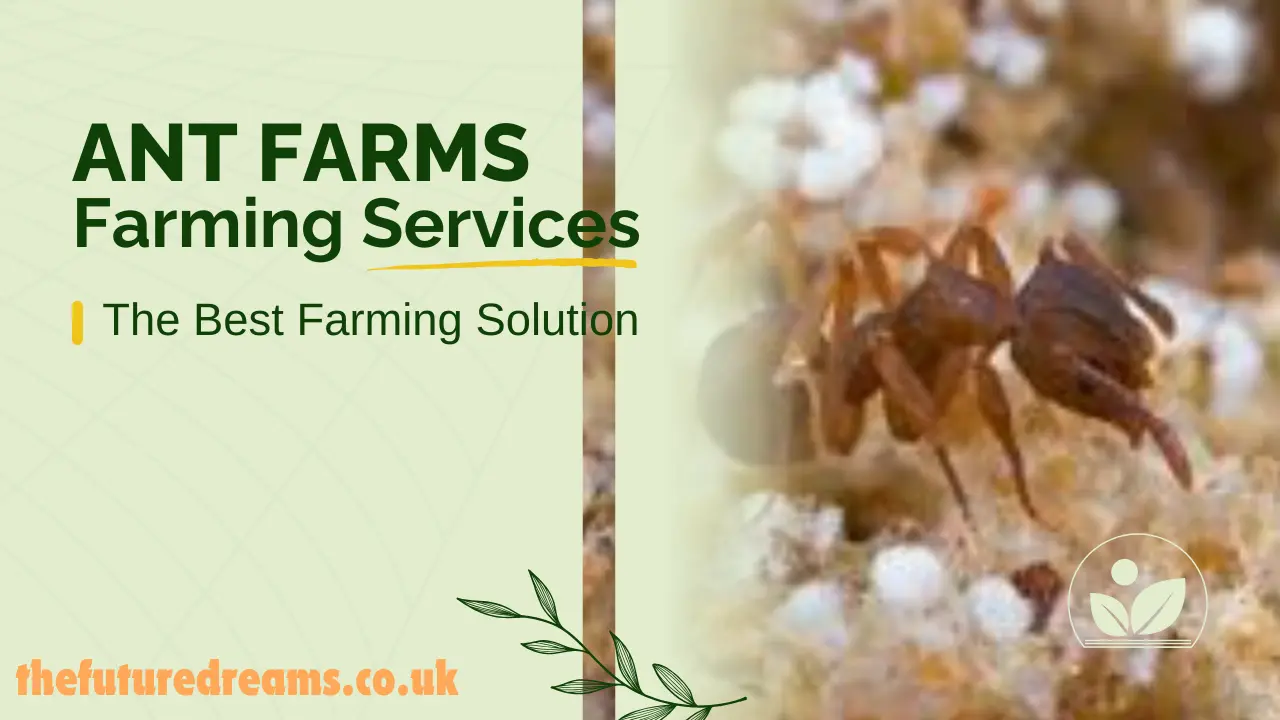What Are Ant Farms?
Ant farms are miniature habitats designed to house and observe ants. They let you watch these tiny creatures build tunnels, collect food, and interact with each other. Ant farms are not just fun but also help us learn about the fascinating world of ants. For 5th-grade students, they offer an exciting chance to understand how ants live and work together.
How Do Ant Farms Work?
Ant farms mimic the natural environment where ants live. The ants dig tunnels through the dirt or gel inside the farm, creating complex networks. These tunnels allow ants to move around, search for food, and store supplies. Watching ants build their homes teaches us about teamwork and cooperation in nature.
Why Are Ant Farms Popular?
Ant farms have become popular because they are educational and entertaining. They show us how ants organize their colonies and work tirelessly to keep everything running smoothly. Plus, they are easy to set up and maintain, making them a perfect classroom project or home activity. Children can observe ants’ daily routines and understand how these tiny insects contribute to the ecosystem.
What Types of Ant Farms Are There?
There are different types of ant farms, each offering unique features:
Gel ant farms: These come with a special gel that ants dig through. The gel provides both food and water, so there’s no need to feed the ants separately.
Sand ant farms: These use sand or soil for the ants to tunnel through. You will need to provide food and water regularly.
Plastic ant farms: Made from clear plastic, these farms allow you to see the ants clearly. They often have built-in tunnels for the ants to explore.
How to Set Up Your Ant Farm
Setting up an ant farm is simple and fun:
Choose Your Ants: You can either catch your own ants or buy a colony online. Make sure you have a queen ant if you want your colony to grow.
Prepare the Farm: Whether it’s gel or sand, get the environment ready for your ants by following the instructions.
Add the Ants: Gently place your ants into the farm, then cover it up to keep them safe.
Provide Food and Water: Ants need a source of food like small pieces of fruit or bread, and water to stay hydrated.
What Do Ants Eat in an Ant Farm?
Ants eat many different things, depending on their species. In your ant farm, you can feed them:
Small fruits or vegetables
Bread crumbs
Sugary foods like honey or syrup
Always make sure the food is small enough for the ants to carry back to their nest.
How Long Do Ant Farms Last?
Ant farms can last for several weeks or even months, depending on how well you take care of them. If you have a queen ant, the colony may last longer as she continues to lay eggs, creating new workers for the farm.
Fun Facts About Ants
Strong Workers: Ants can carry objects that are 50 times their own body weight.
Communication Experts: Ants communicate using chemicals called pheromones, which help them send messages to other ants.
Team Players: Ants always work together in a colony. Each ant has a job, such as gathering food, caring for young ants, or defending the colony.
Why Are Ant Farms Educational?
Ant farms teach important lessons about biology, teamwork, and responsibility. Watching ants helps students understand how animals survive in their environment. They also learn how to care for living creatures by providing food and water.
What Should You Avoid When Setting Up an Ant Farm?
There are a few things you should avoid when setting up an ant farm:
Too Much Sunlight: Ants like dark places, so avoid placing your farm in direct sunlight.
Overfeeding: Give the ants only as much food as they need. Too much food can spoil and attract harmful bacteria.
Shaking the Farm: Ants are sensitive to movement. Shaking the farm can stress them out and disrupt their tunnel-building activities.
The Role of the Queen Ant
In most ant colonies, the queen is the most important member. She lays eggs, which become new ants for the colony. In an ant farm, having a queen ant means the colony will grow, giving you more ants to observe. Without a queen, the ants will eventually stop reproducing, and the colony will slowly die out.
Conclusion:
Starting an ant farm is a great way to explore the world of ants. It’s fun, educational, and easy to maintain. By observing how ants work together to build their homes, you can learn important lessons about nature, teamwork, and responsibility. So, get your ant farm today and start your exciting journey into the tiny but amazing world of ants

